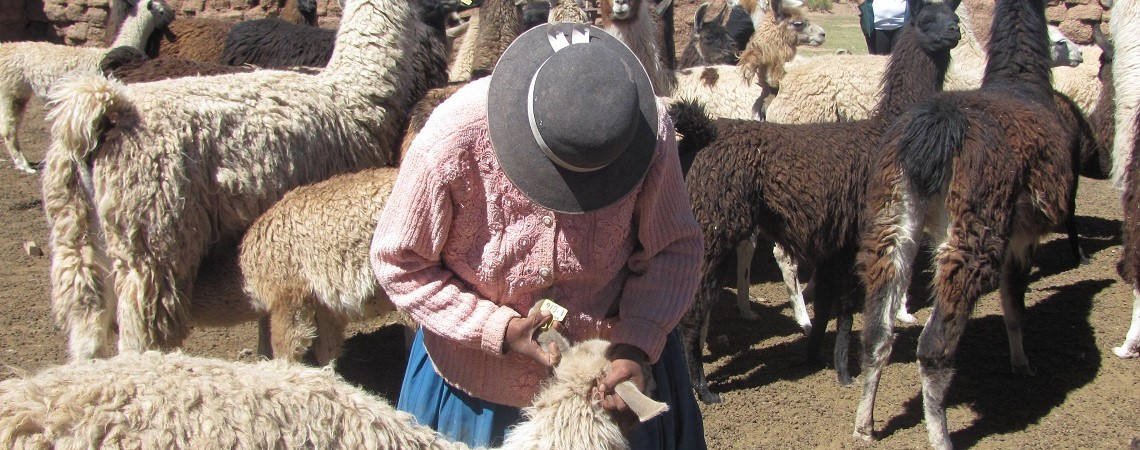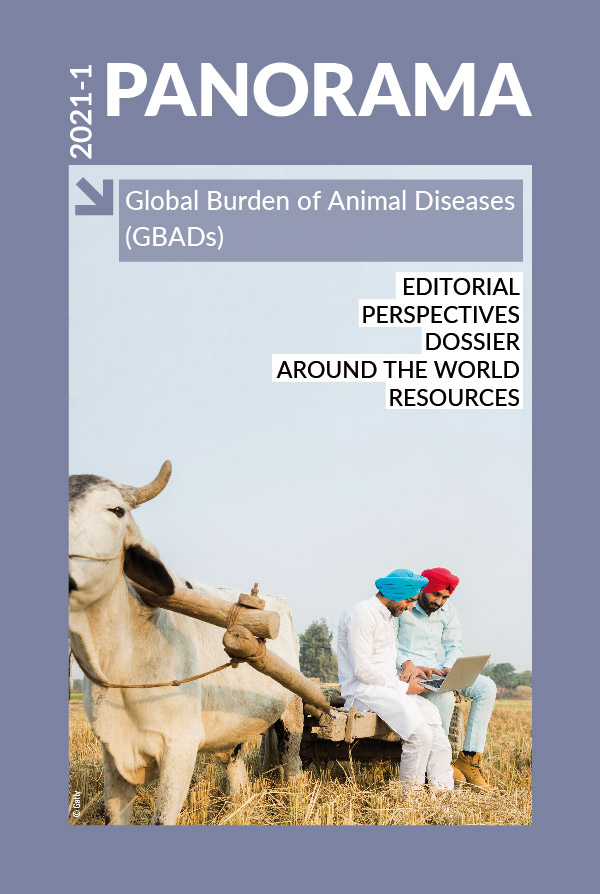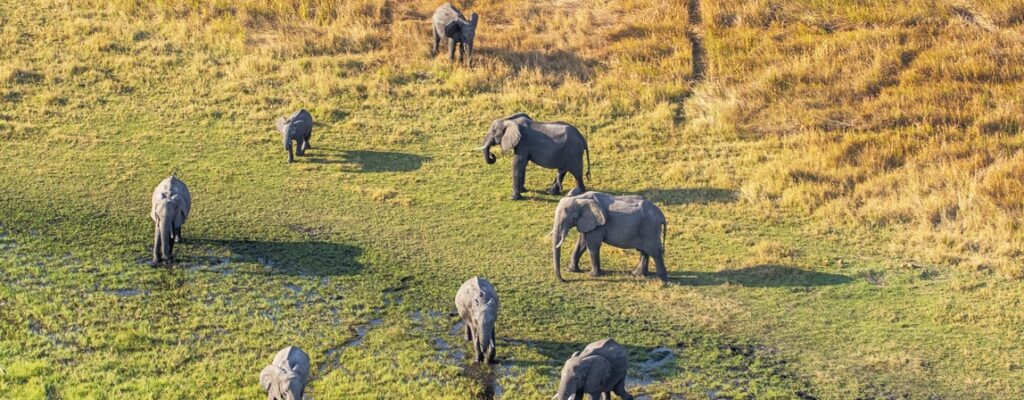Keywords
Authors
J. Rushton (1)*, W.T. Jemberu (2,3) & D. Grace Randolph (4,5)
(1) Director of the Global Burden of Animal Diseases (GBADs) Programme, Institute of Infection, Veterinary and Ecological Sciences, University of Liverpool, United Kingdom.
(2) Research fellow for GBADs, International Livestock Research Institute, Addis Ababa, Ethiopia.
(3) Associate professor of veterinary epidemiology and animal health economics, University of Gondar, Ethiopia.
(4) Senior scientist and GBADs Disease Prioritisation Theme Lead, International Livestock Research Institute, Nairobi, Kenya.
(5) Professor of Food Safety Systems, University of Greenwich, London, United Kingdom.
* Corresponding author: j.rushton@liverpool.ac.uk
The designations and denominations employed and the presentation of the material in this article do not imply the expression of any opinion whatsoever on the part of the OIE concerning the legal status of any country, territory, city or area or of its authorities, or concerning the delimitation of its frontiers and boundaries.
The views expressed in this article are solely the responsibility of the author(s). The mention of specific companies or products of manufacturers, whether or not these have been patented, does not imply that these have been endorsed or recommended by the OIE in preference to others of a similar nature that are not mentioned.
Public-funded Veterinary Services mainly focus on highly contagious animal diseases that create problems for society in terms of trade, food supply, farm-level profitability and, in some cases, direct human health issues. Underlying these diseases are a range of health and welfare issues that farmers are forced to manage alone, including endemic diseases, nutrition, environmental change and accidents. Smallholder farmers in particular have poor access to animal health services and products due to social, financial and geographical constraints, in various combinations.
The Global Burden of Animal Diseases (GBADs) programme will assess the economic importance of animals, and document what people lose from poor animal health and welfare, and what they spend on veterinary support. This information will show where inadequate resources are being allocated to meet the social, economic and gender needs of farmers. GBADs will provide a basis for sustainable, long-term programmes for veterinary systems that generate improved health and welfare for livestock, thereby enhancing livelihood opportunities for female and male livestock keepers.

Ms Perez, a poor farmer in the high Andes, was receiving no support for her flock. A development project identified parasite problems, and trained animal health workers in the use of antiparasite drugs. In Ethiopia, Mr Assefa has a dog to guard his property. Dog vaccines are not available and his dog exposed both his child and his ox to rabies.
GBADs information will support initiatives to address such smallholder farmer problems, by identifying the scale of investment needed and the return on that investment in terms of financial, economic and social outcomes.
https://doi.org/10.20506/bull.2021.1.3251












